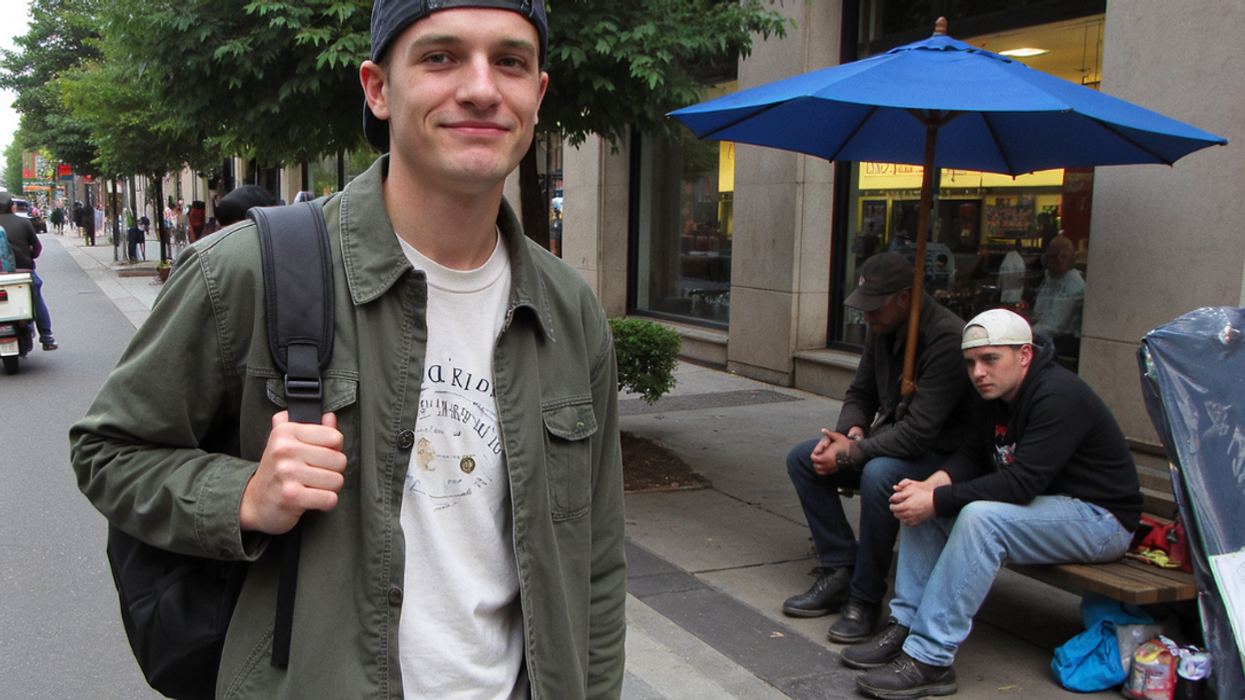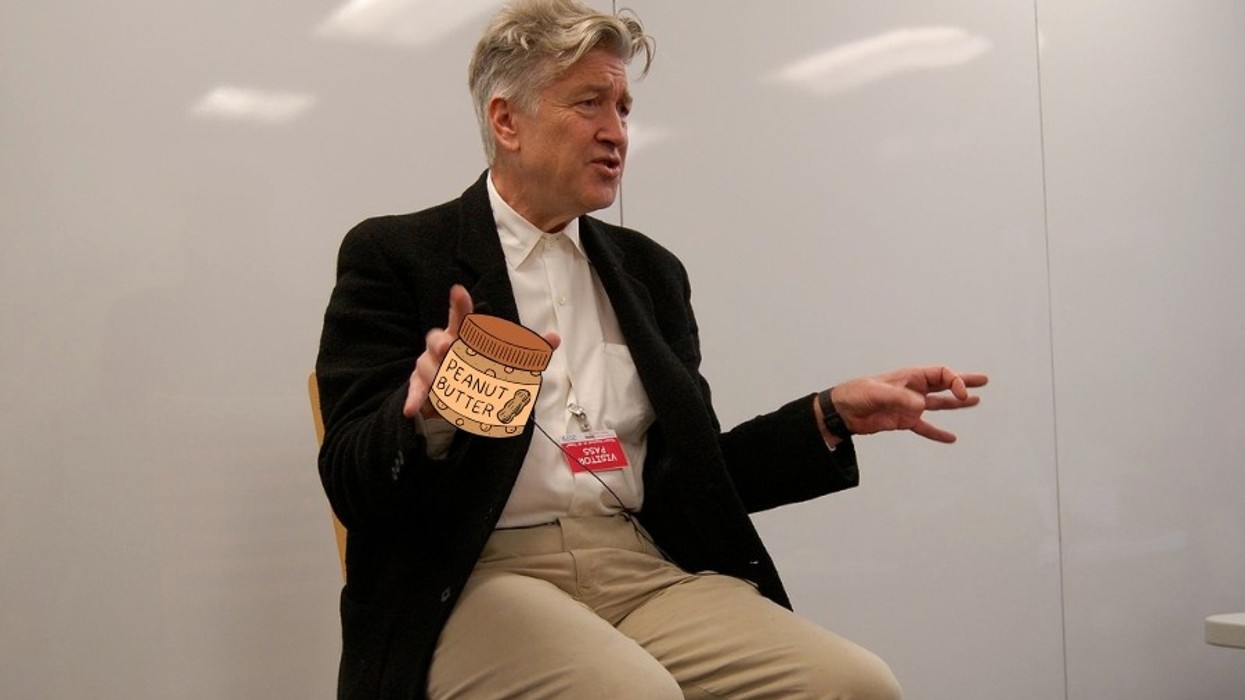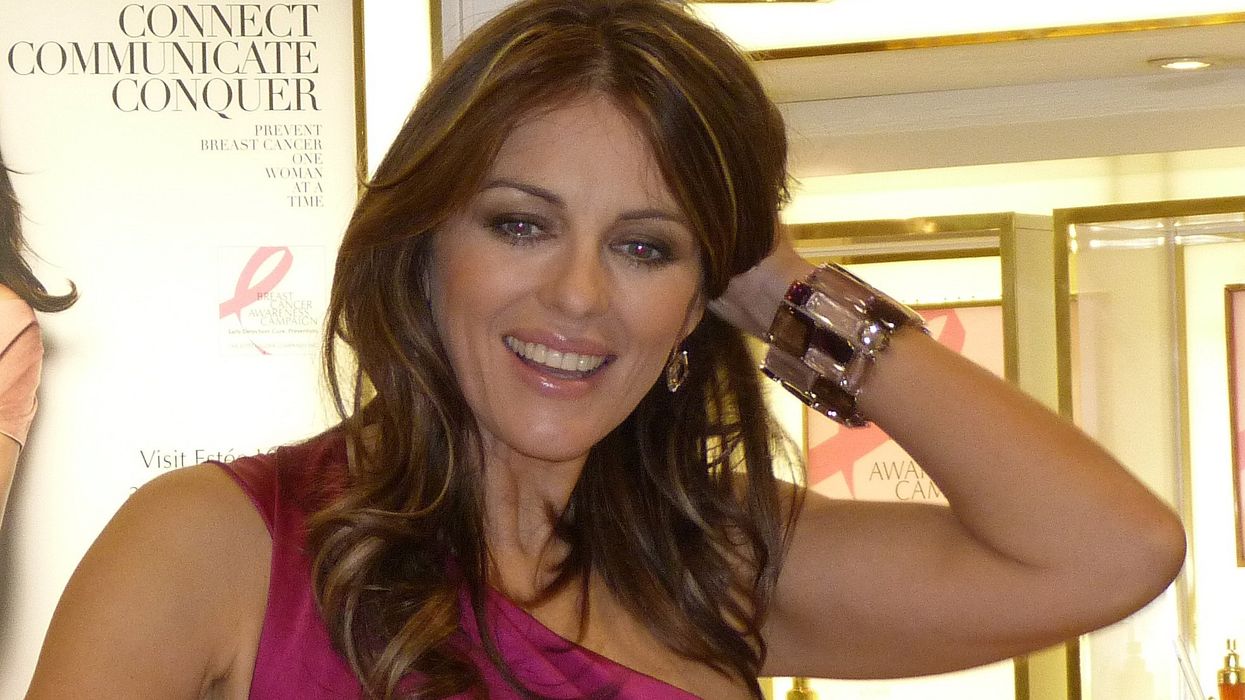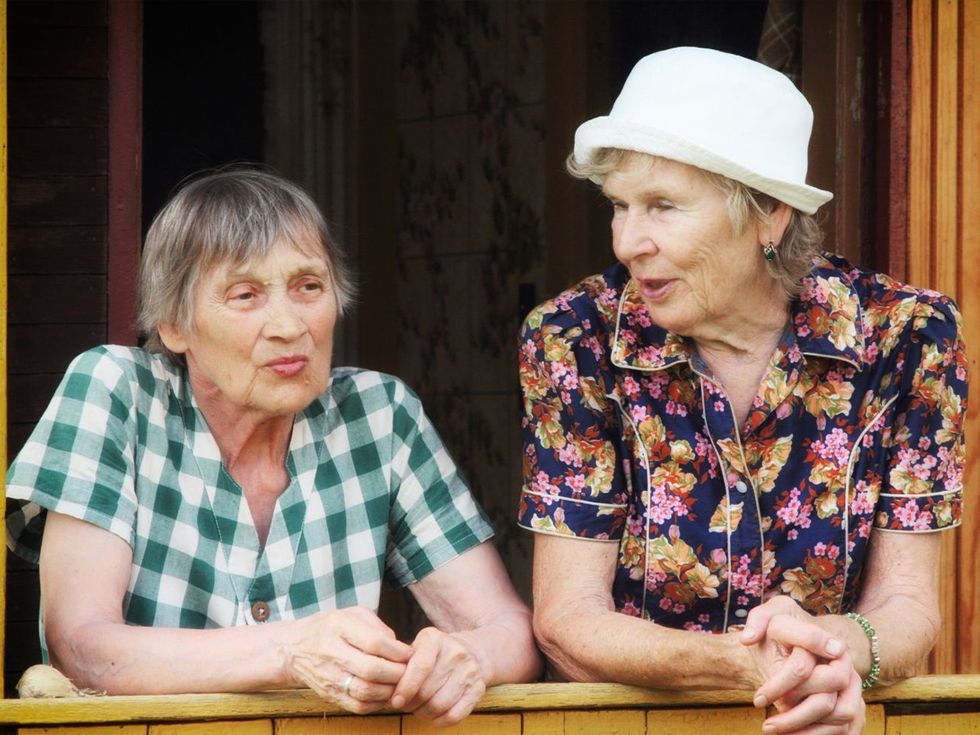For a handful of legendary athletes, reconciling their on-the-field performance with their off-the-field controversies can be difficult. Especially in sports, where great achievements are often market by public displays. Major League Baseball has had a hard time dealing with Pete Rose’s past gambling issues. The University of Southern California has had difficulty coming to grips with football star and convicted robber and kidnapper, O.J. Simpson’s legacy. Now, Australian Open organizers are wrangling over changing the name of Margaret Court Arena after her inflammatory remarks about the LGBTQ community.
With 24 Grand Slam singles titles, Court is undeniably a legend in the world of tennis. But recently, she’s come under fire for the venomous anti-gay statements she made to Christian Vision Radio.
Court on gay tennis players:
“Tennis is full of lesbians. Even when I was playing, there were only a couple there, but [they] led young ones into parties. And what you get at the top is often what you’ll get right through that sport.”
Court on transgender people:
“You can think, ‘Oh, I’m a boy,’ and it will affect your emotions and feelings and everything else. That’s all the devil.”
Court on gay rights advocates...
“The gay lobby is behind that bullying program in schools and children not knowing, whether they are taking out a ‘he’ or a ‘she’ and an ‘it’ and a ‘we’ or ‘they’ and if you feel like being a girl you can dress like a girl. I think, ‘what confusion for a child,’ I get confused talking about it. ... There is a whole plot in our nation and in the nations of the world today to get the minds of the children...That’s what Hitler did, that’s what Communism did — got the mind of the children. And it’s a whole plot in our nation and in the nations of the world to get the minds of the children.”
Court’s statements inspired another female tennis legend, Martina Navratilova, to call upon Australian Open organizers to change the arena’s name. “We should not be celebrating this kind of behavior, this kind of philosophy,” Navratilova said in an open letter. “The platform people like Margaret Court use needs to be made smaller, not bigger.”
The controversy has also attracted the attention of tennis’s most notoriously vocal player, John McEnroe. On Eurosport’s Game, Set, and Mats, McEnroe revealed his solution for the court controversy. “Keep the name and when same-sex marriage becomes legal in Australia, I will personally call my good friend, Elton John, to host the biggest same-sex mass wedding ceremony ever seen in Margaret Court Arena.”
The best thing John McEnroe has done in years.
— Ben Rothenberg (@BenRothenberg) June 4, 2017
On Eurosport, on Margaret Court: pic.twitter.com/xjej1IBUIM
McEnroe also commented on Court’s statements about the number of lesbians in the sport with his usual bluntness: “Number one: This is true, and who gives a fuck? Number two: This is not true, and who should give a fuck? And number three: This is half-true and should we really give a fuck?”

















 Say goodbye or make amends.Image via Canva - Photo by Inna Postnikova
Say goodbye or make amends.Image via Canva - Photo by Inna Postnikova Friends recording on a camcorder.Image via Canva - Photo by capturenow
Friends recording on a camcorder.Image via Canva - Photo by capturenow
 This is an AI-generated image using the language "A beautiful woman with long eyelashes and red lips surrounded by swirls of colorful makeup." AI/Canva/Elyssa Goodman
This is an AI-generated image using the language "A beautiful woman with long eyelashes and red lips surrounded by swirls of colorful makeup." AI/Canva/Elyssa Goodman 

 Wiman hiding her face behind a bunch of cashCanva
Wiman hiding her face behind a bunch of cashCanva A mansion and its reflection in the swimming poolCanva
A mansion and its reflection in the swimming poolCanva Salzburg at nightCanva
Salzburg at nightCanva Fancy homeCanva
Fancy homeCanva Happy volunteersCanva
Happy volunteersCanva
 Parents of young children get more time with them if they work from home.Photo credit: Canva
Parents of young children get more time with them if they work from home.Photo credit: Canva

Grieving couple comforting each other
This response to someone grieving a friend might be the best internet comment ever
When someone is hit with the sudden loss of a friend or loved one, words rarely feel like enough. Yet, more than a decade ago, a wise Redditor named GSnow shared thoughts so profound they still bring comfort to grieving hearts today.
Originally posted around 2011, the now-famous reply was rediscovered when Upvoted, an official Reddit publication, featured it again to remind everyone of its enduring truth. It began as a simple plea for help: “My friend just died. I don't know what to do.”
What followed was a piece of writing that many consider one of the internet’s best comments of all time. It remains shared across social media, grief forums, and personal messages to this day because its honesty and metaphor speak to the raw reality of loss and the slow, irregular path toward healing.
Below is GSnow’s full reply, unchanged, in all its gentle, wave-crashing beauty:
Why this advice still matters
Mental health professionals and grief counselors often describe bereavement in stages or phases, but GSnow’s “wave theory” gives an image more relatable for many. Rather than a linear process, grief surges and retreats—sometimes triggered by a song, a place, or a simple morning cup of coffee.
In recent years, this metaphor has found renewed relevance. Communities on Reddit, TikTok, and grief support groups frequently reshare it to help explain the unpredictable nature of mourning.
Many readers say this analogy helps them feel less alone, giving them permission to ride each wave of grief rather than fight it.
Finding comfort in shared wisdom
Since this comment first surfaced, countless people have posted their own stories underneath it, thanking GSnow and passing the words to others facing fresh heartbreak. It’s proof that sometimes, the internet can feel like a global support group—strangers linked by shared loss and hope.
For those searching for more support today, organizations like The Dougy Center, GriefShare, and local bereavement groups offer compassionate resources. If you or someone you know is struggling with intense grief, please reach out to mental health professionals who can help navigate these deep waters.
When grief comes crashing like the ocean, remember these words—and hang on. There is life between the waves.
This article originally appeared four years ago.